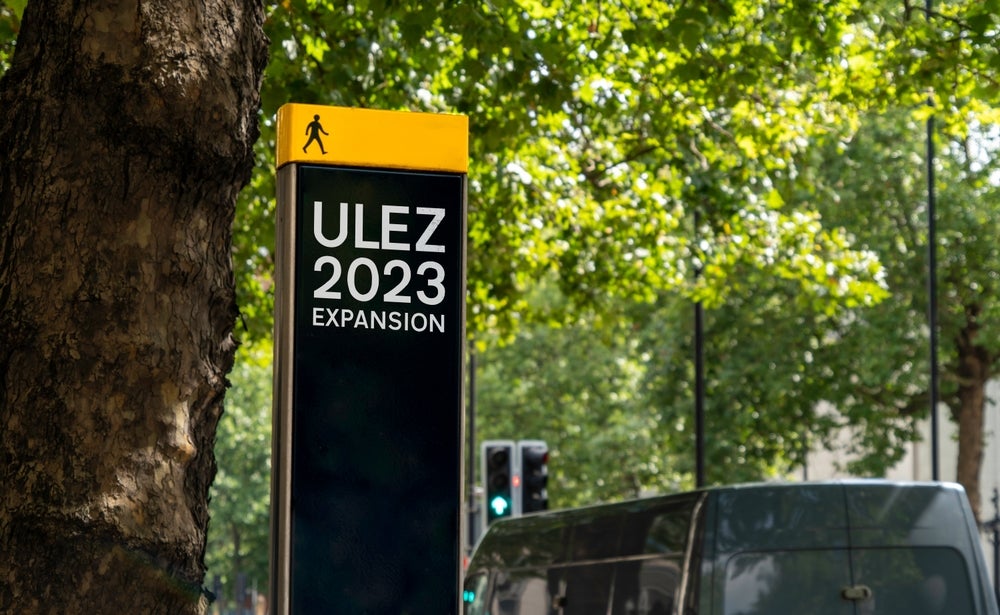The weakening of the UK climate targets announced by Prime Minister Rishi Sunak last month was met with broad criticism from climate policy advocates.
However; an adjustment in UK climate targets comes as no surprise given the macroeconomic environment and lack of state investment.
The targets that were adjusted—a ban on the sale of petrol and diesel cars from 2030 and the phase-out of gas boiler installations by 2035—were announced by previous governments with much fanfare but little actual investment behind them. Without some form of state-led investment, and with much of the onus placed on a private sector dealing with inflation and high interest rates, it was inevitable that these targets would eventually be revised.
Climate leadership was already lost
While the UK reduced its emissions significantly over the 1990s and 2000s, it has not been a global climate leader for some time. The EU has spent the last year pushing through major reforms to strengthen its carbon pricing policy and introducing a carbon border tax. The US, through its 2022 Inflation Reduction Act, has introduced massive subsidies for electric vehicles, clean energy, and energy-efficient home improvements. China has come to dominate much of the supply chains for solar panels, wind turbines, and electric vehicles.
The UK’s climate policy, aside from the setting of bold targets, has focused on promoting the City of London as a green financial center. This is why the UK has endorsed mandatory climate-related reporting for firms (to help investors) and launched its government green bond program. It has not been prepared to invest the same amount as the US, nor is it prepared to burden its economy with a stricter carbon pricing regime. In fact, actions were taken over the summer to ease the UK’s carbon price.
Following Sunak’s speech, there are even whispers among the financial community that future green bonds issued by the UK government could be treated with greater scepticism by investors.
How well do you really know your competitors?
Access the most comprehensive Company Profiles on the market, powered by GlobalData. Save hours of research. Gain competitive edge.

Thank you!
Your download email will arrive shortly
Not ready to buy yet? Download a free sample
We are confident about the unique quality of our Company Profiles. However, we want you to make the most beneficial decision for your business, so we offer a free sample that you can download by submitting the below form
By GlobalDataGlobalData analysts began warning of such risks in early 2023. The mood on UK climate policy had already begun to darken among sustainable investors before that, when it became clear that the UK had no intention of replacing the state-backed investment that would otherwise have come from the European Investment Bank had it remained an EU member.
A strong economy is needed
It is unlikely the UK will announce any major green policies on par with the US and EU, even with a change of government. The first issue is the cost of living crisis, which will continue even if inflation returns to normal rates as prices will still be at an elevated level.
The cost of living crisis will obstruct any serious attempt at using carbon pricing to decarbonize. The second issue is the government’s debt interest. According to the Office for Budget Responsibility, the amount the UK government paid in interest over the 2022-23 fiscal year was the highest since 1948 at 4.4% of GDP—and the situation is looking no better this fiscal year.
The interest the government has to pay to borrow for 10 years has risen to a 15-year high of 5%, while the 30-year borrowing rate has climbed to its highest since 1998. Debt concerns will constrain any attempt to put together a serious climate investment package. Without an improvement in the macroeconomic environment, UK climate policy is very much stuck.









Related Company Profiles
European Investment Bank